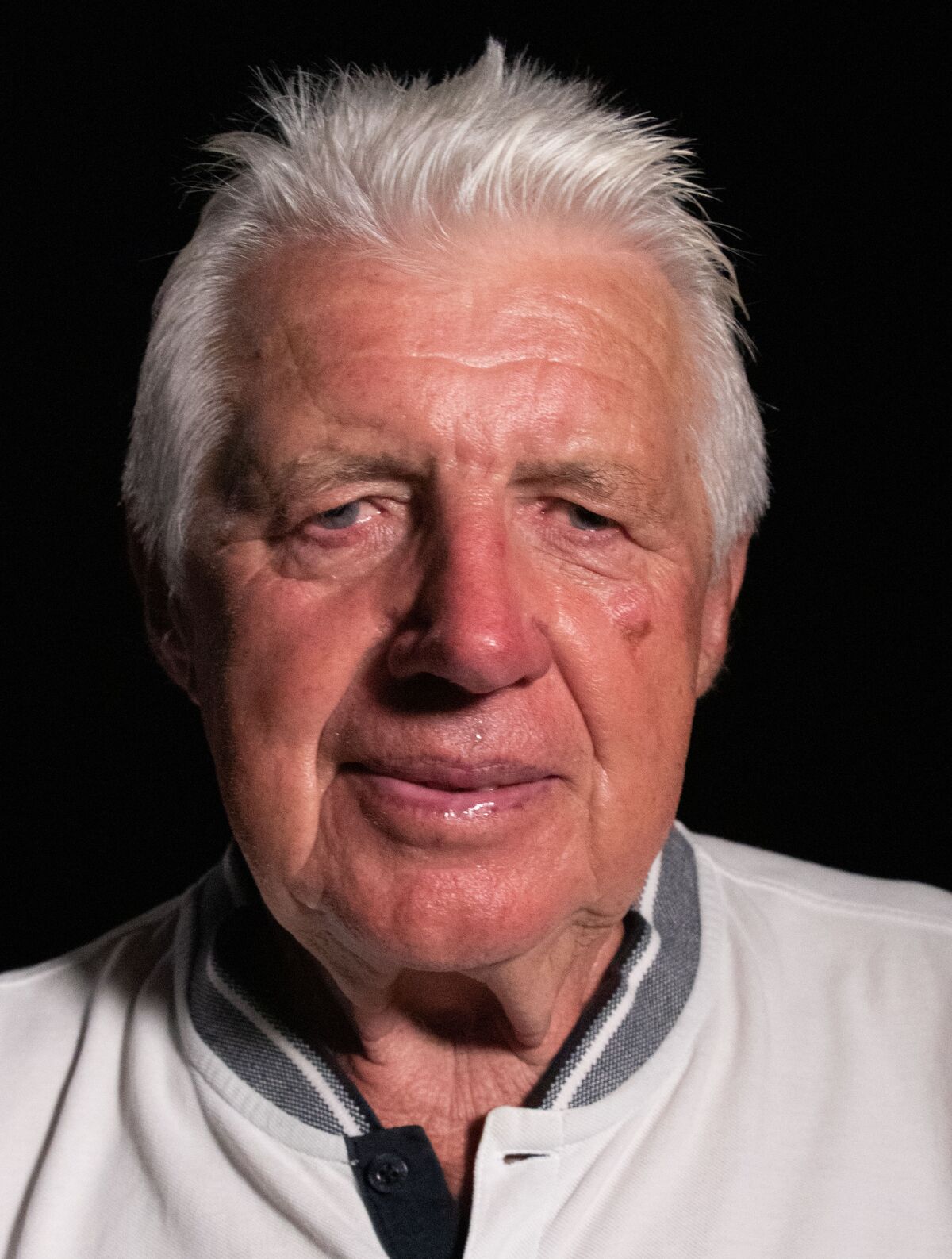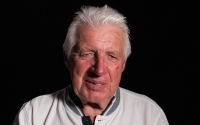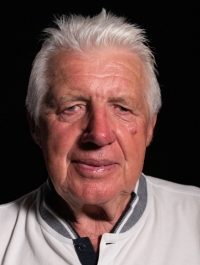I remember the expulsion as humane – without beatings or violence

Stáhnout obrázek
Johann Eppinger was born to a German family on 12 July 1936 in Dolní Sněžná near Prachatice. In 1938 the family moved to Prachatice, where he spent his childhood until the age of nine. On 12 January 1942 his father was killed when hit by a Panzerfaust on the Eastern Front, where he was buried near Besedino. This witness still has a few memories from Prachatice and Křišťanov, where the family spent their holidays during his childhood. He remembers the bombing of a group of refugees by American planes in Prachatice, the existence of a Jewish camp which imprisoned starving people in the building of the sports centre close by Prachatice station. He experienced the liberation of Prachatice by American soldiers who handed out tins of food and chocolate. In May of 1945 he attended Holy Communion at the Prachatice church of St. Jacob, which was held in secret by the German parish priest. On 6 March 1946, ten-year-old Johann was deported to Germany together with his mother and sister. The transport via Prague to Furth im Wald in “cattle cars” took place at night, with the train standing still during the day. He remembers several old people dying during the journey. In the main hall of the Furth im Wald camp, everyone was disinfected and reallocated to temporary work, usually with farmers. Integration was difficult, since refugee status was hardly an advantage at school, let alone when dating. Johann trained to be a carpenter and actively took part in the social and public life of the town of Frauenstätten, where the family lived. In 1978 he became a member of the town council and as early as 1972 he was a member of the State Diet for the CSU party in Tühringen. He visited Czechoslovakia for the first time in the 80s, after which he organised a charity drive for the renovation of the monastery in Teplá.

